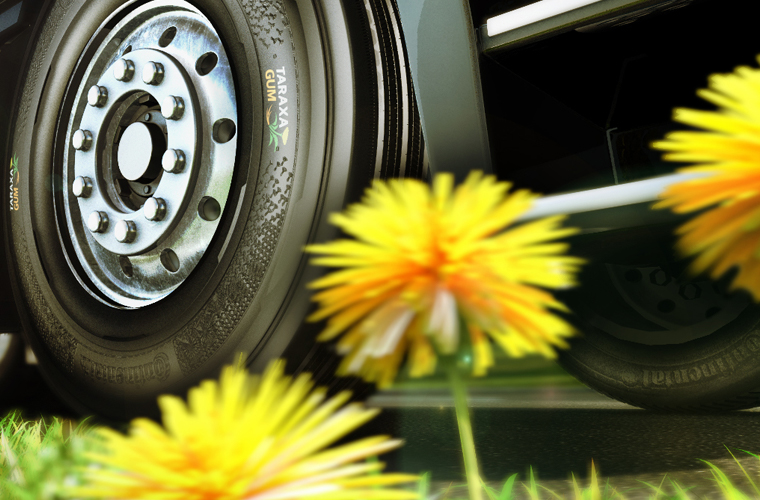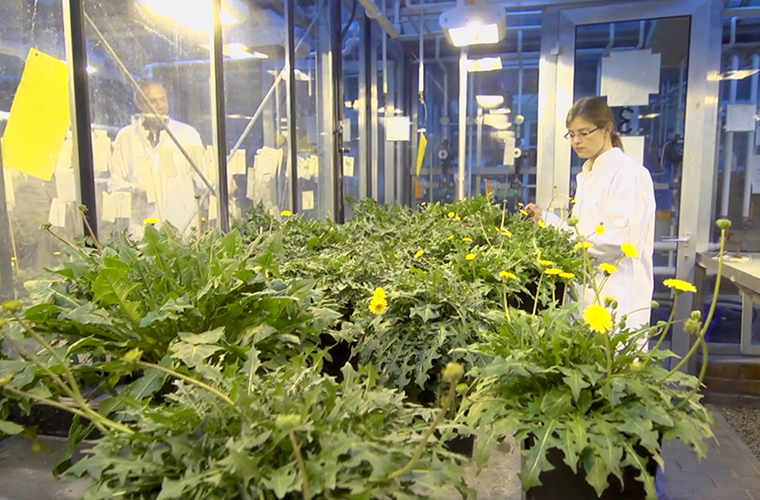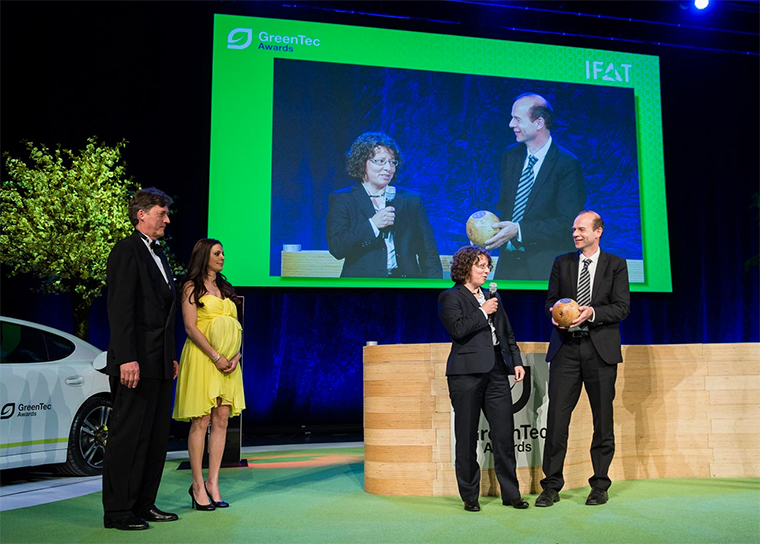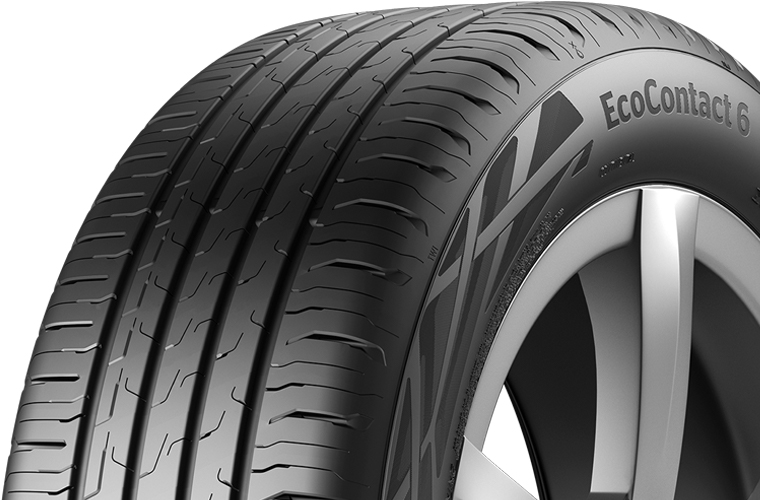Dandelions are at the heart of the tyres of the future
How many cars do you think are on the world’s roads, at present? Calculating the number is an issue set and an inexact science. Every calculation and research paper on this subject can only provide us with an estimate, with recent studies indicating that, as of now, there are roughly 1.2 billion cars being driven.
That’s a staggering figure, and may make you ask how can we sustain such a massive number of vehicles. But consider this; more worryingly, this figure is anticipated to double in the next 30 years, with some estimates suggesting that by 2050 we could be living with 2.5 billion cars on our planet.
This presents a massive challenge when it comes to sustainability. One particular automotive sector that will have to cope with the strain is the tyre industry. Rubber is a limited resource, something that greater demand will put enormous pressure on. At Continental, they’ve committed a huge amount of resources to finding a solution to this problem. Their answer? A plant considered by many to be a garden pest.
Introducing the Dandelion from the East
Unsurprisingly, Taraxacum kok-saghyz – the Russian dandelion – is not a plant that many people have heard of. It’s not a plant you typically find in your garden. It’s a relative of the dandelion you find growing in gardens across Europe and North America, with this species in question being a native to Kazakhstan, Kirghizia and Uzbekistan. And it transpires that only in this particular weed do you find the potential to create natural rubber of a high enough quality to become a Continental tyre.
Having the ability to be able to produce Continental tyres from this humble dandelion is a massive environmental success story. Traditionally, rubber trees only grow in a tiny region of the world – on or close to the Equator. The Russian dandelion is capable of growing in sites right across a large portion of the planet, particularly on non-agricultural land such as industrial sites. This is especially significant, since it opens up the possibility of growing and harvesting the dandelion at – or very close to – the tyre manufacturing plants. At present, rubber needs to be transported vast distances before being processed for tyre manufacturing, and this contributes to carbon footprint. By removing this part of the process, significant economic and ecological savings can be made. Furthermore, in developing the methods to grow, harvest and develop natural rubber from this plant, countless areas of rainforest could be preserved, with the world not requiring so much rubber from this precious ecological region.
Say my name – Taraxagum
After many years of research, development and testing, Continental’s ‘Taraxagum’ tyres are very close to coming to market for cars. They’re already available for trucks and bicycles. In both Germany – at the Contidrom proving grounds near Hanover – and in the harsh, sub-zero winter testing zone in Arvidsjaur, Sweden, Taraxagum has undergone a thorough, extensive testing process, passing with flying colours. Continental never compromises on safety, and after this rigorous testing programme, the results have shown that the tyres perform at the same high level as all other Continental tyres.
Taraxagum is an award-winning project
In collaboration with the Fraunhofer Institute for Molecular Biology and Applied Ecology, IME, Continental Tyres are naturally proud of this exciting technical innovation. The wider scientific community have responded favourably to the project’s success. In 2014, a panel made up of 60 experts from a variety of backgrounds – including industry, academia, trade and the media – granted the highly prestigious GreenTec Award to the project. This is one of the very highest accolades awarded to businesses developing environmentally-friendly manufacturing processes.
Further success for Continental
Separately, using existing material and manufacturing processes, the push to also improve efficiency means Continental provides a tyre for those seeking better economy from their cars, too. With their new, highly regarded EcoContact™ 6 tyre, improved rolling resistance helps motorists looking to get better mileage from their fuel, regardless of what it happens to be, while still offering the exceptional braking performance and grip (in both wet and dry conditions) that you expect from a Continental tyre. Efficiency and value don’t have to come at the expense of safety and dependability.
BestDrive by Continental – You drive, we care.





